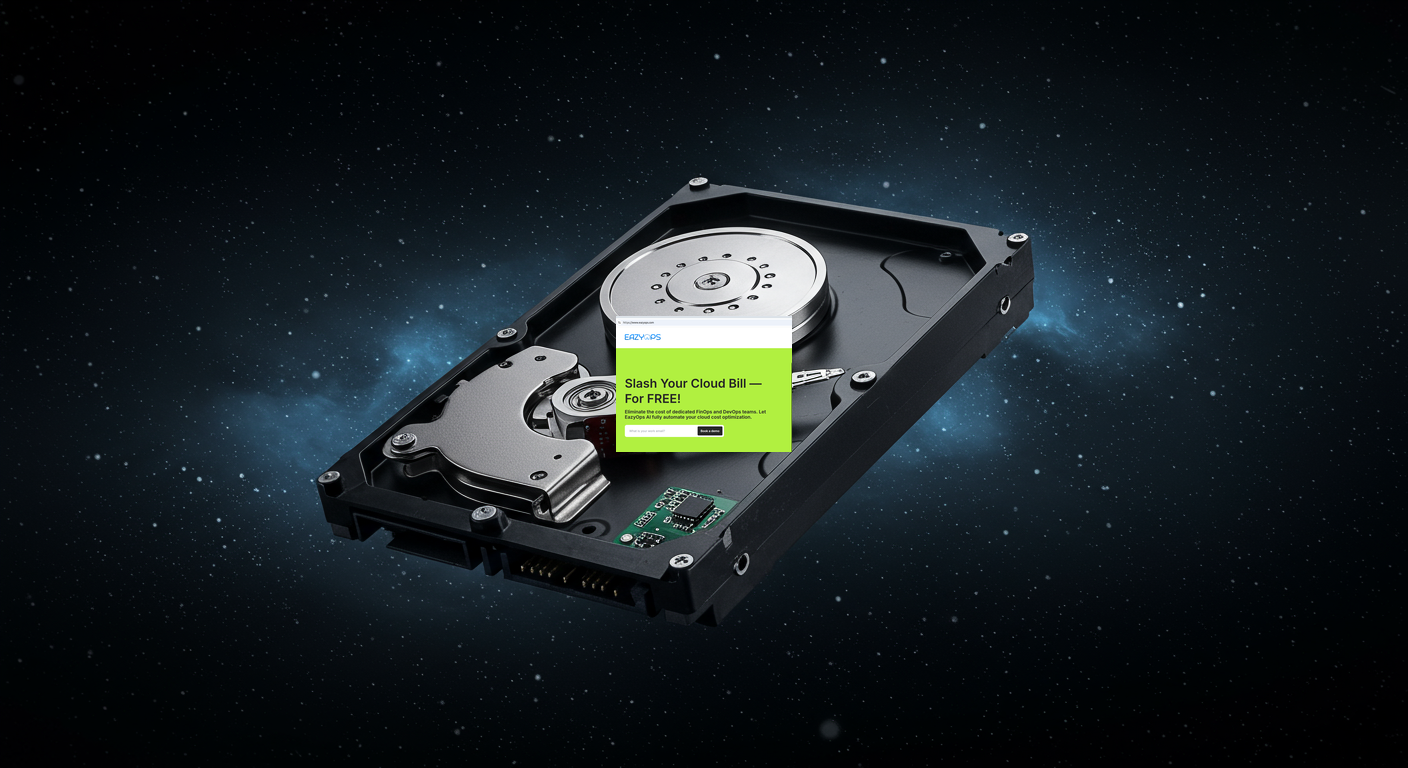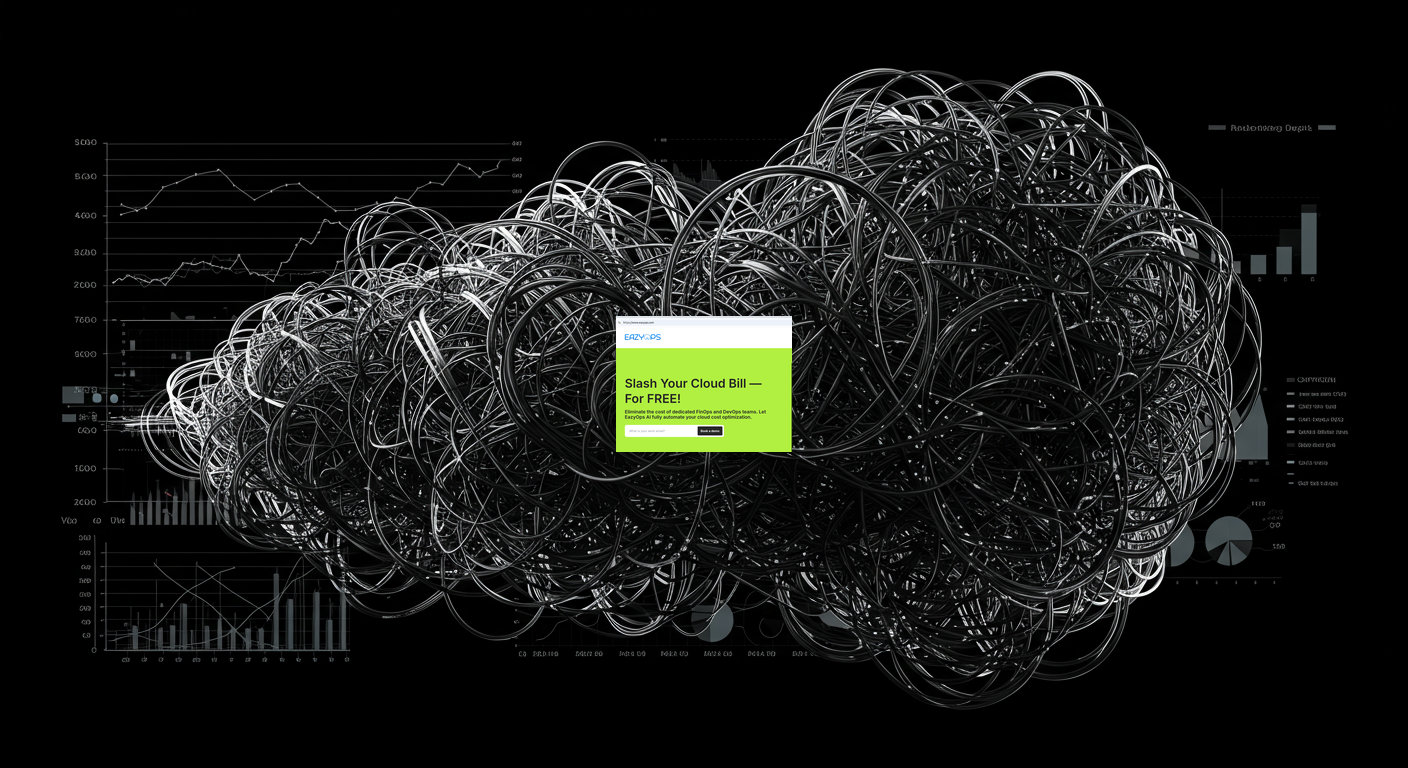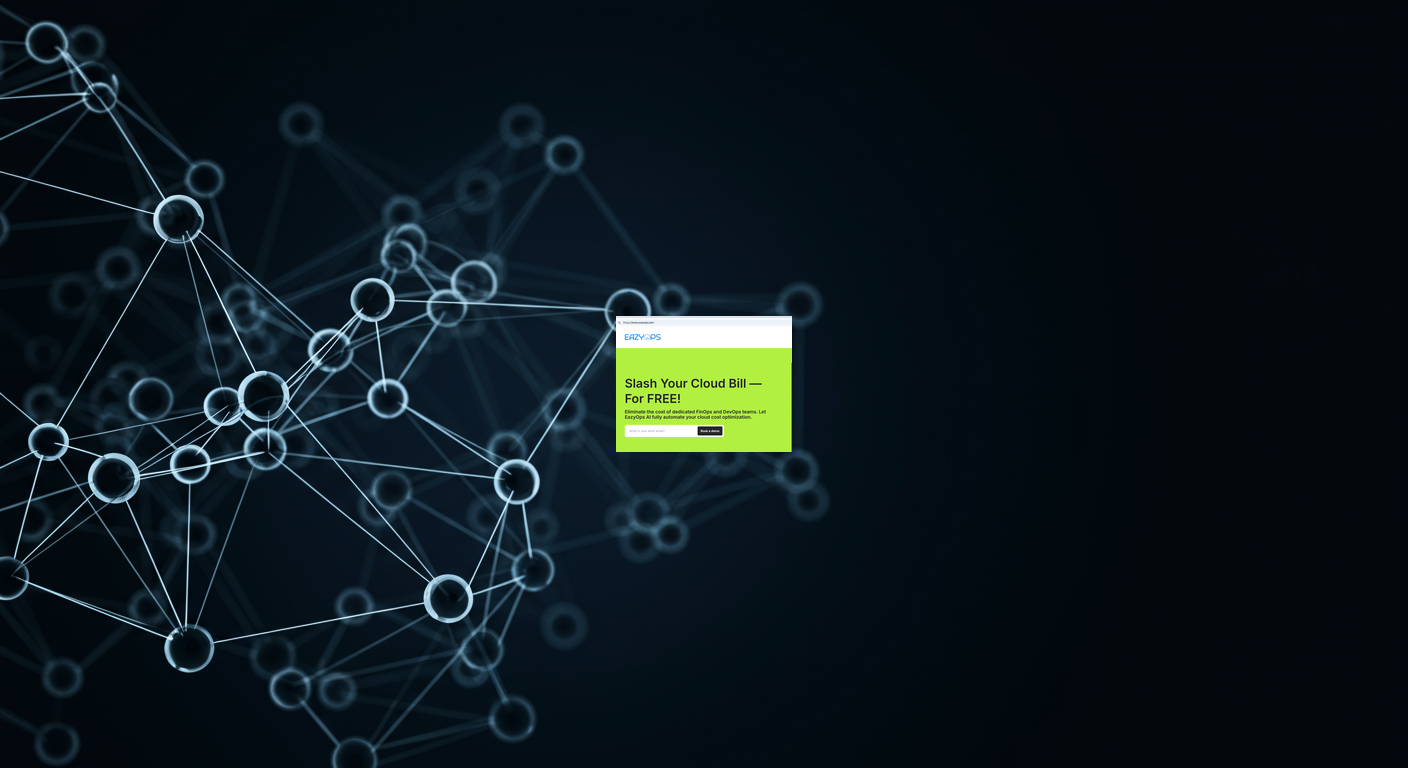The $9,500 Forgotten GCP Persistent Disk: The Hidden Cost Trap
How a detached disk drained our budget and what we learned about preventing it.
"There's a $9,500 charge on this month's GCP bill for... nothing?" That's how our finance team greeted us one Monday morning. It turned out a persistent disk, detached months ago during a server migration, was still accruing storage costs. It was a classic case of "out of sight, out of mind," and it hit our budget hard.


Our Initial (Flawed) Approach
Our first reaction was to blame the cloud provider. Surely, GCP should alert us about orphaned resources! But after some digging, we realized the issue was on our end. We had a process for deleting unused resources, but it relied on manual checks and tribal knowledge. Clearly, that wasn't scalable.
The EazyOps Solution: Proactive Cost Management
That's where EazyOps came in. Its automated resource monitoring immediately flagged the detached disk as an anomaly. Not only did EazyOps identify the problem, but it also provided clear recommendations for optimization. We could see exactly how much storage the disk was consuming, how long it had been detached, and the associated costs.


Quantifiable Results
With EazyOps, we were able to take immediate action. We deleted the orphaned disk, preventing further waste. But more importantly, we implemented proactive policies to prevent similar incidents in the future. EazyOps helped us reduce our overall GCP storage costs by 65% by identifying and optimizing other underutilized resources. We also set up automated alerts for detached disks, ensuring that no resource goes unnoticed again.
Key Takeaways
- Automation is key to preventing cloud waste.
- Visibility into resource utilization is crucial for cost optimization.
- Proactive monitoring can save you thousands of dollars in unexpected cloud bills.
About Shujat
Shujat is a Senior Backend Engineer at EazyOps, working at the intersection of performance engineering, cloud cost optimization, and AI infrastructure. He writes to share practical strategies for building efficient, intelligent systems.